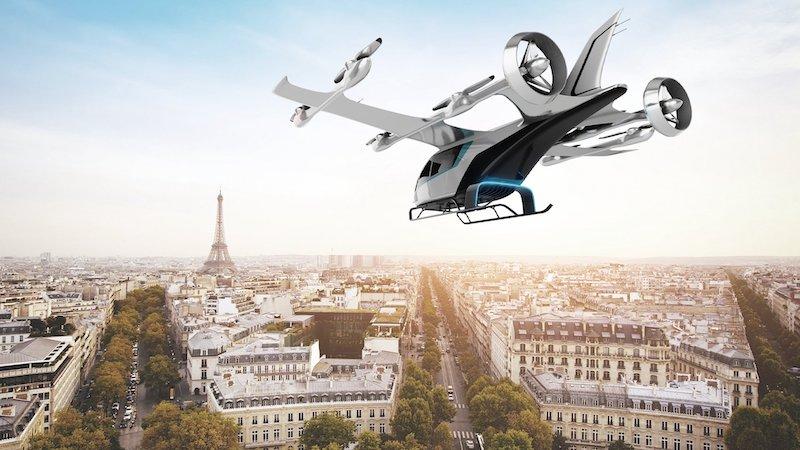
Credit: Eve Air Mobility
LE BOURGET—Embraer is to become a player in electric propulsion through a new joint venture (JV) with Japan's Nidec Corporation, one of the world’s largest electric motor manufacturers. Embraer’s Eve Air Mobility electric-vertical-takeoff-and-landing (eVTOL) advanced air mobility (AAM) aircraft will...
Subscription Required
This content requires a subscription to one of the Aviation Week Intelligence Network (AWIN) bundles.
Schedule a demo today to find out how you can access this content and similar content related to your area of the global aviation industry.
Already an AWIN subscriber? Login
Did you know? Aviation Week has won top honors multiple times in the Jesse H. Neal National Business Journalism Awards, the business-to-business media equivalent of the Pulitzer Prizes.
